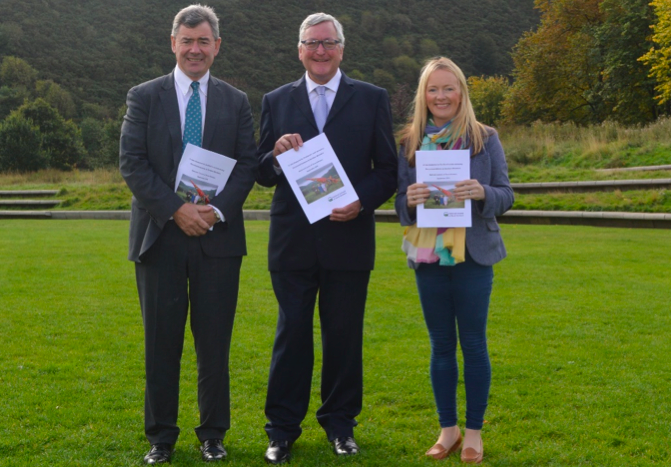Ten key outcomes to ensure a sustainable future for the rural economy in Scotland have been presented to the Scottish Government, following one of the biggest consultations in recent years.
The consultation, which was coordinated by the National Council of Rural Advisers (NCRA), an independent body providing advice and recommendations on rural policy to the Scottish Government, took place earlier this year.
The recommendations made in the report, which is described as a blueprint for Scotland’s rural economy, include recognition of the strategic importance of the rural economy and ensuring that it is included within all policy and decision-making processes.
The report also recommends developing an interim rural economic framework to provide a structure for the development and implementation of a new approach to rural policy, development support and investment.
The creation of a rural economy action group to ensure that the recommendations of the report are set in place and that those involved are held to account is also called for in the report.
Other outcomes include investment plans encouraging sectoral diversity to recognise the opportunities for growth in non-traditional rural areas, providing female-focused enterprise programmes and support for women returning to work, and creating rural skills work experience opportunities. A Rural Challenge Fund in place of LEADER is also called for.
Improved access to rural housing and other services such as public transport and wider transport links, child care, and broadband and digital connectivity, were also highlighted in the report.
Alison Milne, co-chair of the NCRA, said: “Scotland’s rural economy is bursting with talent and potential.
“With an abundance of natural capital, world-renowned heritage and vibrant, diverse communities, our rural economy is not just crucial to Scotland’s national brand, it is crucial to our national prosperity.
“However, national policy making processes do not always effectively represent rural interests and have not delivered the best economic outcomes for Scotland.”
She added: “It is only by addressing the complex structural issues that prevent change can we realise the vast opportunity that rural Scotland presents. Rural economic policy must be mainstreamed within the national economic agenda within the next two years.
“This report is the first step towards ensuring Scotland is recognised as a world-leader in rural economic development and inclusive growth.”
In addition to feedback from a series of workshops and events across the country, 130 responses and comments were received in response to an initial NCRA discussion document. The NCRA’s remit was to provide advice and recommendations on future rural policy, and support for communities and enterprise, which would help create a sustainable and productive rural economy.
Links to the report and the consultation responses can be viewed online at www.ncra.scot
Photo – Rural Economy Secretary, Fergus Ewing, with NCRA co-chairs Alison Milne and Lorne Crerar.








